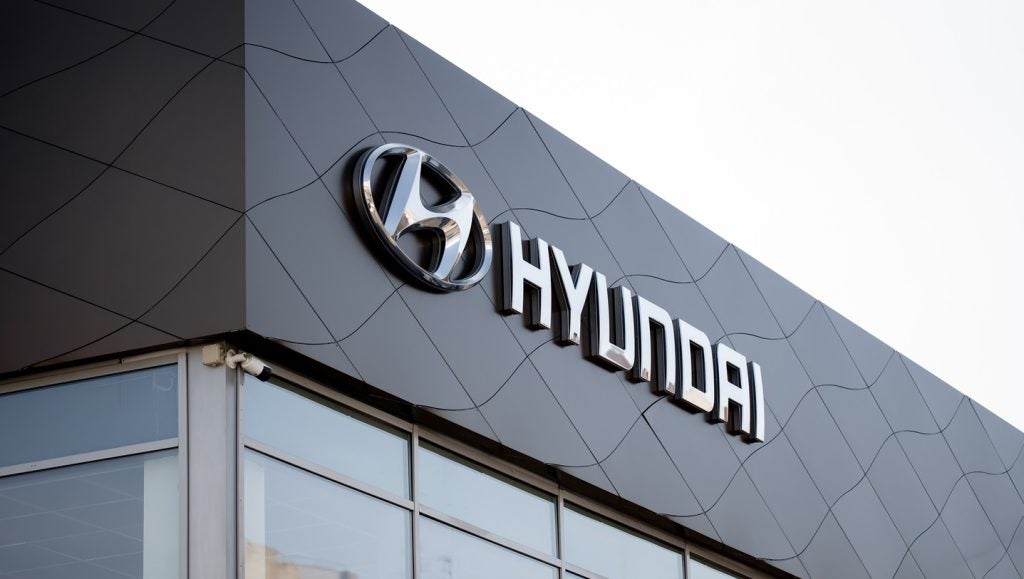
The Association of Fleet Professionals (AFP) in the UK has raised concerns over an apparent increase in safety issues with daily rental vehicles being provided to fleets in the UK.
The organisation, which is a not-for-profit body supporting the corporate fleet industry, has received reports about hire cars and vans being delivered in unacceptable mechanical conditions.
This pattern indicates a potential decline in vehicle maintenance standards, the AFP noted.
According to AFP chair Paul Hollick, the issue was recently raised by Mega Fleets Committee, which is the AFP board managed committee responsible for discussing the issues affecting large fleets.
Hollick said: “Essentially, we’re seeing hire vehicles being delivered to fleets that are not in a roadworthy condition.”
Members of the AFP have encountered hire vehicles with a variety of outstanding fault codes, suggesting poor long-term maintenance practices.
Additionally, the organisation said that some vehicles are being delivered with immediate and easily identifiable problems.
The industry body further stated that this trend is raising alarm within the fleet industry, as it could compromise the safety and reliability of the vehicles in use.
Furthermore, the AFP has also observed that daily rental companies have undergone significant changes in their business models over the past few years.
These changes may be contributing to the challenges rental companies face in managing vehicle maintenance logistics.
The speed of delivery and collection, along with the rotation of vehicles on hire, are particularly problematic areas that may impact the upkeep of the fleet.
Hollick said: “With the arrival of the pandemic, most embarked on massive disposal programmes but then experienced an immediate surge in demand once working practices returned to something approaching normality. Unable to return to a fast-cycle model due to production shortages, they bought from all kinds of sources, including a number of used vehicles.
“Largely, these are the cars and vans now seen on daily rental fleets, with many on 20 plates or older, which may explain the reason why issues surrounding condition are arising.”







